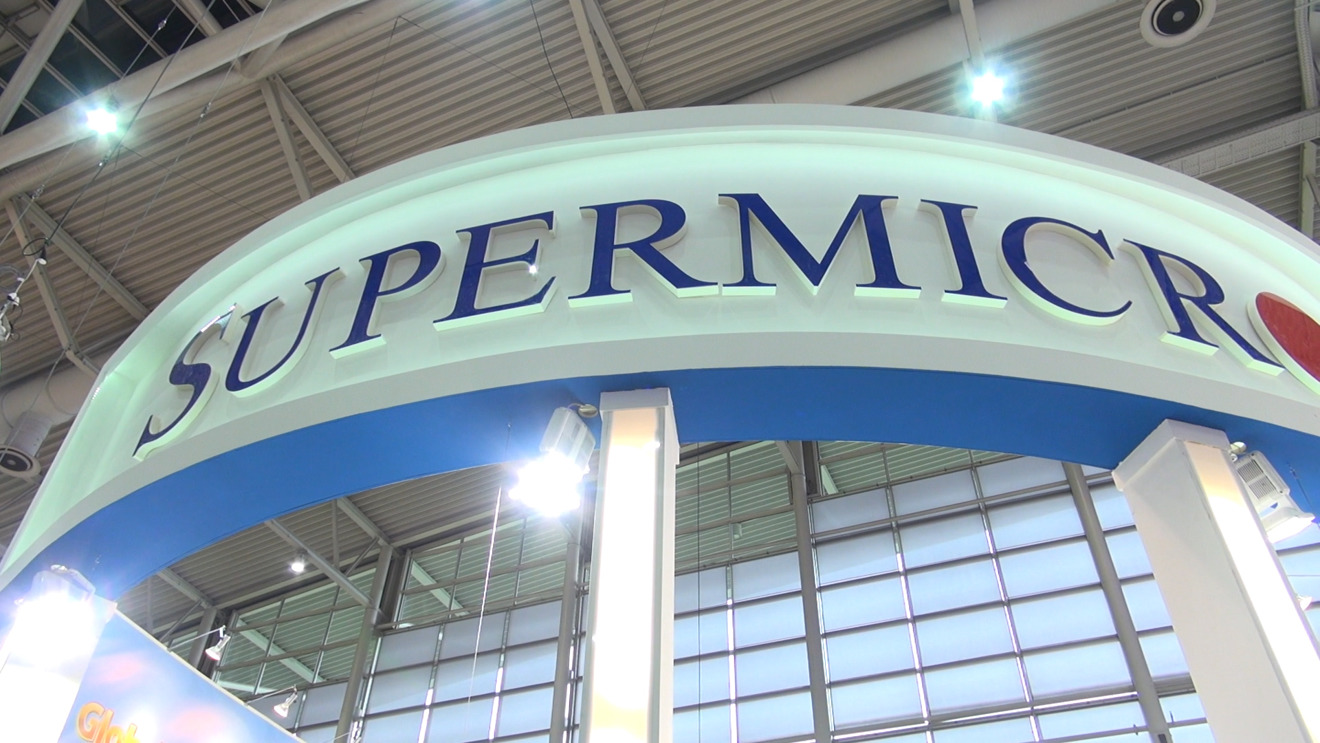Super Micro found no evidence of iCloud spy chips after audit
The supplier at the heart of Bloomberg's contentious iCloud spy chip story has completed its promised audit, and has told customers that it found no evidence of server tampering.
In a letter to customers, Super Micro has specifically denied Bloomberg's allegations again. In a letter to customers, the server designer and manufacturer said that a promised audit is complete, and there is no evidence of the attack in software or hardware.
Third-party Nardello & Co was tapped for the audit, according to Reuters. The firm not just looked at engineering documents, but also tested samples of motherboards not just in production, but also ones that were sold to Apple and Amazon and found no evidence of a chip that could perform the surveillance and pass-along of data that the report alleged.
Super Micro says that it is continuing to evaluate its legal actions in response to the story. As a result of the reporting, Super Micro stock fell from $21.40 to $12.60 in one day. It has since only climbed to a high of $16.35.
On October 4, a Bloomberg report based on a multi-year investigation claimed that Apple, Amazon, and 30 other companies had been the victim of an espionage campaign in which rice-sized chips had been planted on motherboards made by Super Micro. Once delivered, the motherboards supposedly created a backdoor into infrastructure like Apple's iCloud.
Apple was quick to deny allegations, insisting that it had conducted a "massive, granular, and siloed investigation."
Amazon also issued a very clear denial of the story.
"There are so many inaccuracies in this article as it relates to Amazon that they're hard to count," Amazon said in its statement, refuting several specific claims, and specifically citing that there was no modified hardware found.
Several subsequent accounts have cast further doubt, such as one from the senior advisor for Cybersecurity Strategy to the director of the U.S. National Security Agency. Additionally, The U.S. Department of Homeland Security commented that it had "no reason to doubt" the positions of Apple and Amazon.
Tim Cook has spoken about Bloomberg's allegations several times. Apple's CEO continues to deny the report, and takes issue with how the story's reporters communicated with Apple.
"There is no truth in their story about Apple," Cook said on Oct. 19. "They need to do that right thing and retract it."
"I was involved in our response to this story from the beginning," said Cook. "I personally talked to the Bloomberg reporters along with Bruce Sewell who was then our general counsel. We were very clear with them that this did not happen, and answered all their questions. Each time they brought this up to us, the story changed and each time we investigated we found nothing."
"We turned the company upside down. Email searches, datacenter records, financial records, shipment records," Cook added. "We really forensically whipped through the company to dig very deep and each time we came back to the same conclusion: This did not happen. There's no truth to this."
Super Micro CEO Charles Liang echoed Cook's call for a retraction in October as well.
"Bloomberg's recent story has created unwarranted confusion and concern for our customers, and has caused our customers, and us, harm," Liang said. "Bloomberg should act responsibly and retract its unsupported allegations that malicious hardware components were implanted on our motherboards during the manufacturing process."
Bloomberg still hasn't backed down from its claims.
 Mike Wuerthele
Mike Wuerthele











 Wesley Hilliard
Wesley Hilliard
 Amber Neely
Amber Neely

 William Gallagher
William Gallagher

 Malcolm Owen
Malcolm Owen









